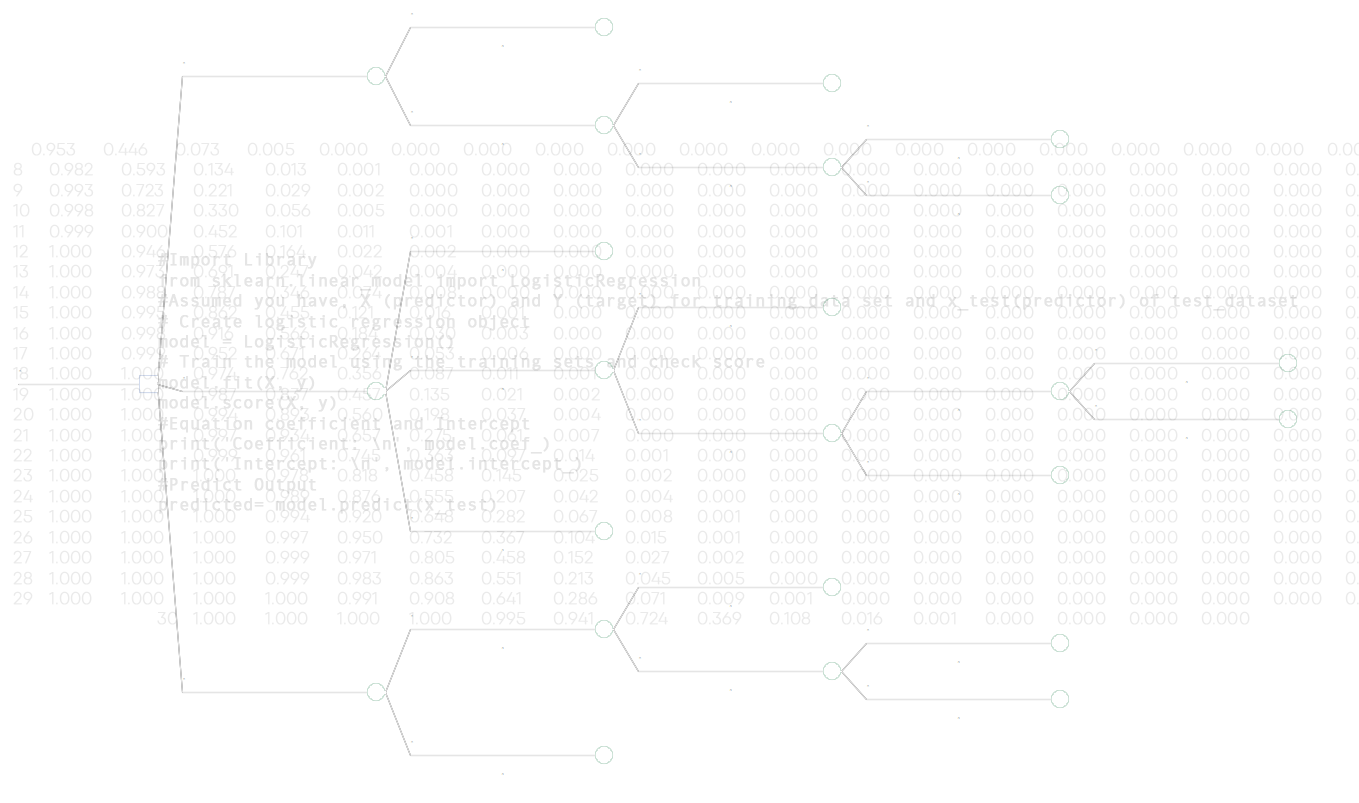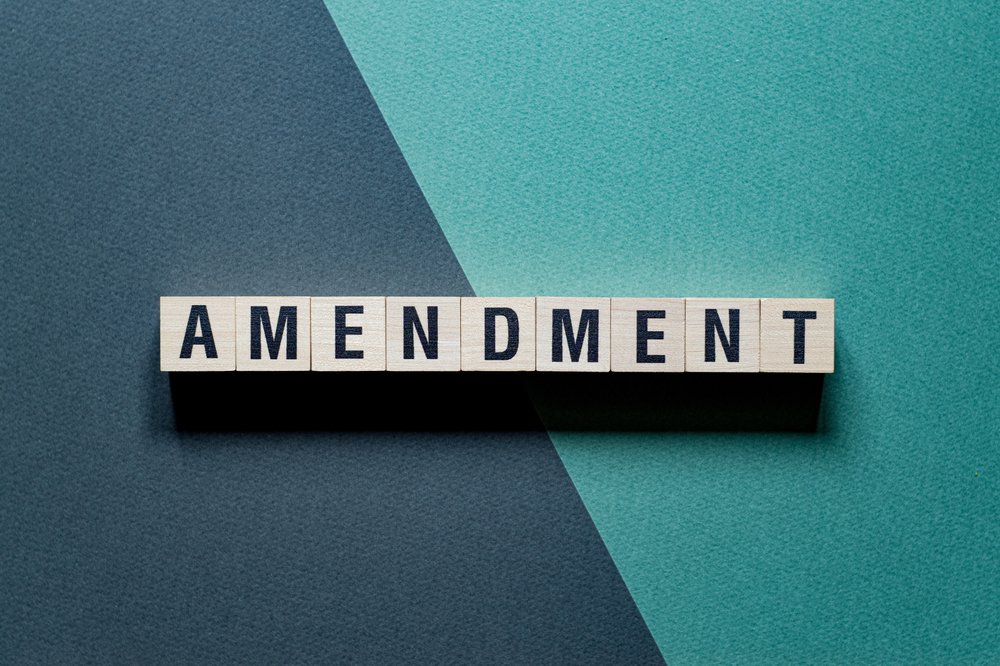
Insights
When Can I Amend My Complaint? The Risks of “Strategic Amendments” in Federal Court
Parties to litigation make strategic decisions all the time about what claims (or counterclaims) to bring and how to bring them. And courts for their part often seem willing to allow parties to amend their pleadings for a wide range of reasons. But what happens if a party makes the strategic decision to hold off on adding certain claims or parties to a pleading in the hopes that adding them later—or threatening to add them later—might benefit settlement discussions?
3 Ways to Protect Your Business From Cybersquatting
No matter what sector you operate in, your business’s internet presence is likely a key component of your branding and/or marketing strategy. For that reason, it’s crucial to protect your company’s website(s) and web presence. One threat to protect against is known as cybersquatting. Here are three ways to protect your business from cybersquatting.
3 Ways to Defend Against A Cybersquatting Lawsuit
Cybersquatting—also known as cyberpiracy—is the bad faith registration of a trademarked internet domain name with the intent to profit from the mark’s goodwill. However, not every lawsuit asserting what might appear to be a plausible cybersquatting claim has merit. If your company gets hit with an ACPA cybersquatting lawsuit, here are three defenses that may be applicable.
Can I Even Be Sued Here? The Basics of Personal Jurisdiction in U.S. Courts
The contours of when a defendant is subject to personal jurisdiction depends on the facts of a particular case, as well as the case law precedent from the court where the case was filed. As a result, it’s always a good idea for a company to consider jurisdiction before initiating or responding to a lawsuit.




